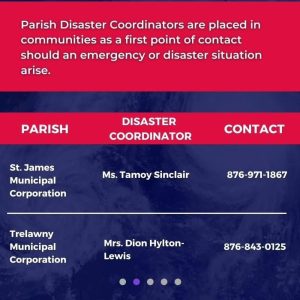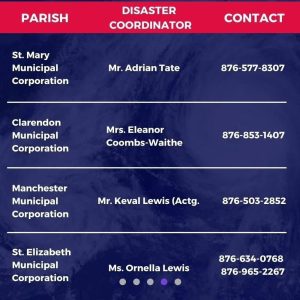
Bill passed to amend the Disaster Risk Management Act (DRMA)
KINGSTON, Jamaica: The amendments to the Disaster Risk Management Act (DRMA) allowing for sanctions for infringements under the Covid-19 protocols have been passed to statute.
The Bill to amend the DRMA was passed on Tuesday evening (March 30, 2021) with three amendments and will introduce enforceable penalties against persons who commit breaches under the Act. The fines range from J$3000 to J$500,000.
Local Government and Rural Development Minister, Honourable Desmond McKenzie, piloted the Bill in the Lower House on March 23.
“These amendments to the Disaster Risk Management Act are clear, and they have been crafted in pursuit of clear objectives. The circumstances in which the Act can be invoked have been expanded, to ensure that the Government has at all times, the legislative authority within which it can respond swiftly to challenges and secure the interests of the population,” he said.
“At the same time, these changes set out clear sanctions for those who undermine the mission of balancing lives and livelihoods through personal and other forms of irresponsibility, and who, at this point in time, are hindering the effort to save lives, in the face of rising numbers of infections and hospitalizations.”
The Senate passed the Bill to amend the DRMA during its sitting on March 26.
“It has been just over one year since the Coronavirus pandemic made an unwelcome arrival in Jamaica. Since March 10, 2020, the Government has employed the Disaster Risk Management Act as the primary legislative tool to manage this public health crisis,” added Minister McKenzie.
“With respect to the matter of these fixed penalties or fines, I wish to make one thing very clear. These penalties do not replace the sanctions for offences that are already in the principal Disaster Risk Management Act. Anyone who commits an offence, and who is brought to court and convicted before a Resident Magistrate, is still liable to a maximum fine of one million dollars or to imprisonment not exceeding one year.”






